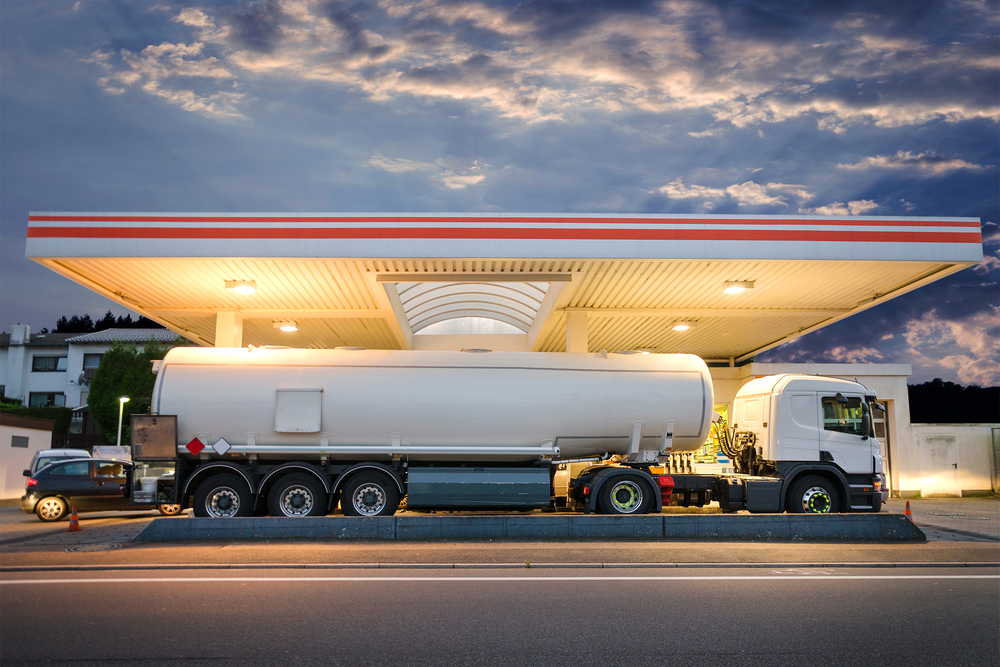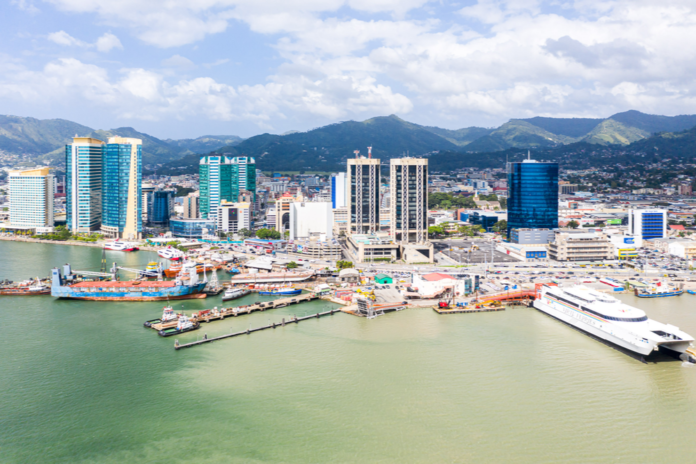Every year, the lead up to Trinidad and Tobago’s budget presentation is always rife with speculation. No other moment in the year impacts everyone’s very quality of life and livelihoods itself as much after all. This year was no different but surrounded by even more anxiety and trepidation than previous years, despite economic contraction or lower energy prices dominating those budgets. Indeed, the punishing economic consequences wrought by Coronavirus shutdowns were already a growing reality for everyone. What then, can we expect moving forward into 2021?
A Gradual Shift Away From Old Norms?
One major takeaway is that the state seems to be reversing its socialist policy of direct state control in the energy sector somewhat. Gas stations are to be privatized, the fuel subsidy has been axed completely and prices will now be set more in accordance with private market forces than direct state intervention. This is arguably a good thing given that, from the mouth of the Finance Minister himself, the fuel subsidy has expended over $25 billion over the last few years alone. This isn’t something unique to TT as fuel subsidies in other oil-rich states like Nigeria became vehicles for mass wastage, mired in corruption or a sordid mixture of both.

Yet, on the other hand, there haven’t been many provisions to buffer the average citizen and consumer from the inevitable cost of living increase that will result from this. Transportation and the logistical cost of all goods and services will increase across the board. A slight increase to income tax exemption, from $72,000 TTD per year to $84,000 may alleviate this somewhat but only slightly. Consequently, the very same principles behind the fuel subsidy scheme seem to have merely been shifted over to agriculture, now considered a ‘higher priority’ focus. $500 million TTD has been allocated to creating ‘public-private’ farming partnerships with the promise of a food buying programme from the state. This will apparently extend into ‘bio-fuel’, food processing and other agrarian pursuits.
Unfortunately, in much the same way as occurred in nations like Venezuela and the USSR, such a nationalized focus into agriculture may simply lead to food shortages, corruption or both as the state attempts to disproportionately force supply to match its speculated level of demand. It’s also worth noting that none of these declarations are exactly new. From as far back as 2015 the government indicated its intent to phasing out the fuel subsidy. Furthermore, a cyclical pattern has emerged wherein agriculture is ‘prioritized’ more in one budget only to receive a smaller allocation in the next year’s reading, usually with similar goals being declared yet not exactly manifesting.
In many cases, mid-year reviews or simple questioning in parliament reveal that these allocations usually end up paying off debts, salaries, bloating expenditure for previous projects, or other such immediate expenses. Thus, whether any of these goals are set in motion over the coming year is left to be seen. Consequently, pumping money into startups is one thing however market demand, operating costs, efficiency and production scale must be carefully considered if any sort of long-term sustainability is to exist.

A Digital Economy?
Of notable interest is the purported desire to transform Trinidad and Tobago into a ‘digital economy’. To support these moves, the government has opted to, by 2021, remove import taxes on phones, digital equipment and computers. Overall, this is a step in the right direction given the shifted focus to digital learning for students and the need for businesses to innovate digitally if they’re to stay afloat. In addition to the above, the new ‘Digital Focus’ also seeks the creation of E-identities for all citizens in order to digitize bureaucratic processes as well as give tax credits to firms and startups with a digital focus.
While very much welcome, it’s worth noting that well before COVID-19, many businesses and industries were facing closure due to higher operating costs, lack of demand and other issues. In this high-risk environment, giving grants to select startups may not be enough. Rather, it may be prudent to give tech and digital-centric businesses a year’s grace from taxes to help buffer them from these challenges. Regardless, the government also announced the intent to digitize tax payments through an ‘Electronic Transfer Window’. All these things are quite similar to what we suggested in our previous piece on Estonia’s digital nature and are quite welcome. Though, other promises such as free Wi-Fi, internet infrastructure upgrades and assisting students with internet access have been in the works since the 2016 Budget Reading.
Matters Of Concern
Of concern is the state’s plan to scrap all tax concessions for the importation of private vehicles as well as further restrict the limit for foreign-used cars to below 3 years and set quotas. This supply control and increase importation cost will sharply increase the average price of a vehicle which seems to be the intent. However, this is another economic sector that, has incurred increased job losses and business closures, and will likely also see mass losses in the coming future. In addition, the government hopes to fully re-implement Property Taxation and expand the list of food imports subjected to ‘luxury taxes’. The former will likely lead to increased rent expenses while the latter will stack with the increase in food prices from the fuel subsidy cancellation.

These moves may take a heavy toll on the average working-class citizen’s affordability and choice. It’s worth remembering that taxes generate short term revenue however, when multiplied, they lead to diminishing returns long term. Indeed, we’ve seen this with increased budget deficits and more borrowing despite more stringent austerity measures well before COVID-19 was even a reality. Why is this? For one, higher operating costs through taxation, added bureaucracy and limited resources force larger businesses to downsize and smaller ones to trim their workforce or close entirely.
Additionally, the average consumer has less disposable income and value for that income in the face of higher prices. This leads to less spending which furthers the lack of economic activity for businesses. All of these things can combine into a dangerous continued cycle if not checked. One other matter of concern is the decision to privatize Port-of-Spain’s port and most gas stations. In the case of a former will it be a local buyer or a proxy of a foreign government with its own agenda? In the case of the latter, it’s important to remember that individual gas station owners may not have the finances to carry out these purchases. This may create a vacuum that may be filled by a single or a small corporate monopoly. In essence, one monopoly would simply be exchanged for another, with its own challenges to boot.
Wrapping Up
All in the budget is quite a mixed bag. On the one hand, the overtures towards digitization and embracing tech, though repeated in part from previous budgets, is much welcome. Additionally, moves to reduce direct state control and free up excess state spending are good positives. However, an added tax burden and measures of uncertainty may upend any of this progress if not carefully buffered. Also of interest are the allocations. For the first time in a while, Security stands in 3rd place with an allocation of $5.27 billion TTD whilst Education and Health take the lion’s share of $7.93 billion and $6.05 billion TTD respectively. All the allocations combined and a speculated oil price of 45USD per barrel leads to an estimated $8.2 billion deficit. Stimulating the economic growth to mitigate this monumental loss while staving off excess borrowing or dipping into reserves will undoubtedly be this government’s gauntlet for the next 5 years.



















